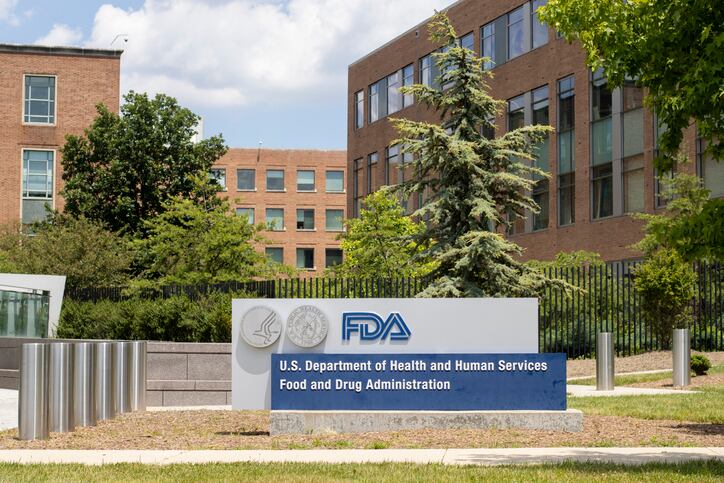Illinois lawmakers cite health concerns surrounding the use of the five additives, "all of which have been linked to serious health problems, including hyperactivity, nervous system damage, reproductive issues, hormonal damage and increased risk of cancer."
A similar bill introduced in New York by Sen. Brian Kavanaugh (D-District 27) proposes the same ban for all five ingredients, for the same reasons.
Illinois secretary of state, Alexi Giannoulias, wrote in a statement that the goal of the legislation is not to "ban any products or take food off shelves, but rather to "create a healthier marketplace for Illinois families" and to "ensure food manufacturers update recipes to use alternative, safer ingredients that are already used in other places around the world, including soon in other parts of the US.
Sen. Preston echoed Giannoulias' sentiment in the same statement, citing the EU and California's laws as examples of taking "steps necessary to protect the health and wellness of our citizens."
While FDA intends to revoke the approval of brominated vegetable oil in food and beverage products and is reviewing the safety red dye No. 3, the agency still maintains the safety of titanium dioxide at 1% or less by weight of the food.
State-by-state legislation risks a fractured food policy system, says food policy and trade groups
National Confectioners Association’s SVP of public affairs and communication, Christopher Gindlesperger told FoodNavigator-USA that SB 2637 “would replace a uniform national food safety system with a patchwork of inconsistent state requirements created by a legislative fiat that will increase food costs, undermine consumer confidence and create confusion around food safety.”
President of Natural Products Association, Daniel Fabricant, emphasized similar sentiments to FoodNavigator-USA, adding that “the science at the federal level is clear,” and despite states’ efforts to counter federal safety policy, he emphasizes that the “industry needs to stand together.”
Other food policy experts agree that FDA’s scientific assesments should be the sole source of food ingredient and additive safety evaluations in the US. Although some also agree that state-by-state legislation is an opportunity for FDA to restructure its departments and processes to reflect a contemporary food system rooted in transparency, science and technology and access to nutrition.
“A state enacting food safety legislation that conflicts with FDA regulations reinforces the need for integrating modern science and technology into the global food supply and its governance. As time and resources are limited, complying with conflicting legislative and regulatory requirements diverts resources away from other critical food safety, nutrition, and sustainability priorities,” Institute of Food Technologists (IFT) said in a statement.
Compliance is “achievable” but costly
With California’s law as precedent, compliance in Illinois is achievable, whether companies discontinue selling products containing the banned ingredients in the state or initiate reformulations sooner – however, compliance will be costly, resulting in one-time or ongoing expenses, according to IFT.
These expenses range anywhere from R&D for alternative ingredients and developing and testing alternative products to designing new labels and establishing new supply chains.
“If passed into law, compliance with the new requirements is achievable for Illinois food companies but will require focused collaboration across multiple technical and business roles. Some businesses may consider which products they produce in or distribute to Illinois, or they may opt to leave the market entirely depending on their individual business plans and priorities,” IFT added.



